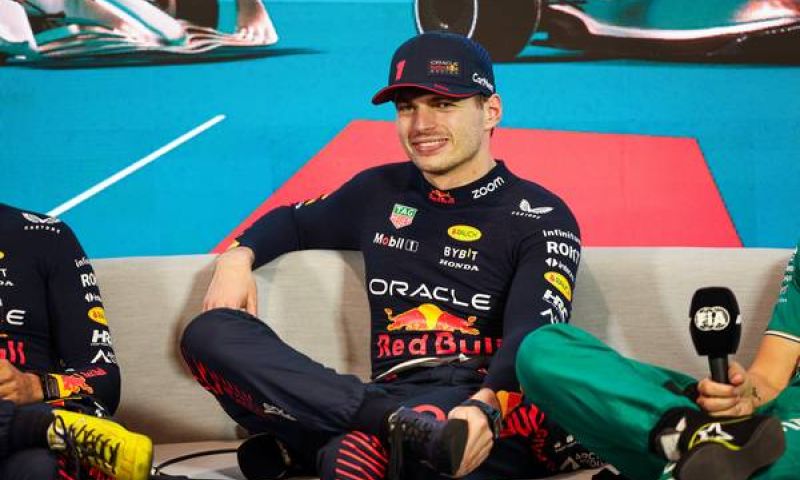Verstappen finds 2023 car a bit stiff: 'Some of that magic is gone'
F1 News

- GPblog.com
Max Verstappen thinks the improved tracking ability of the 2022 and 2023 F1 cars is disappointing. There is improvement, but the Red Bull Racing driver cites two reasons why it is still less than expected.
Improvements to 2022 cars disappoint after all
To race well, you need a car that can drive well behind the car in front and sustain a chase. Formula 1 cars in the previous decade suffered a lot from distorted air coming off the car in front, making following another car difficult. With the new type of cars used in Formula 1 from 2022, following is easier, but in 2023, Verstappen noted that the improvement under tracking was still disappointing.
After his victory in Miami, the Dutchman explained what he means by that: "I think they're a bit more stable when you're following. Like the other generation, you could have massive oversteer or understeer in high speed or low speed. There's nothing really drastic. I think that of course that improved. But because of the stiffness of the cars, how you have to run them, it takes a little bit of that magic away."
Stiff tuning and increasing kilos stand in Verstappen's way
Especially on a street circuit, Verstappen notices that the 2023 cars are still difficult to drive in a chasing situation. In Baku, it was more difficult than in Miami and for Singapore, Verstappen already expects more difficulty with the car too. Verstappen: "That's when you jump back in an old car and you go out, you definitely feel the difference in how agile an old car was. But that's like early for me, early 2010, even before that, they were even lighter, right?"
Besides the stiff tuning, the size of today's F1 cars is also a problem, according to Verstappen. One example is the larger wheels being used. Verstappen: "The wheels, the bigger wheels, they're quite a bit heavier as well. So that for me goes in the wrong direction, but I don't know what we can do about turning it around."